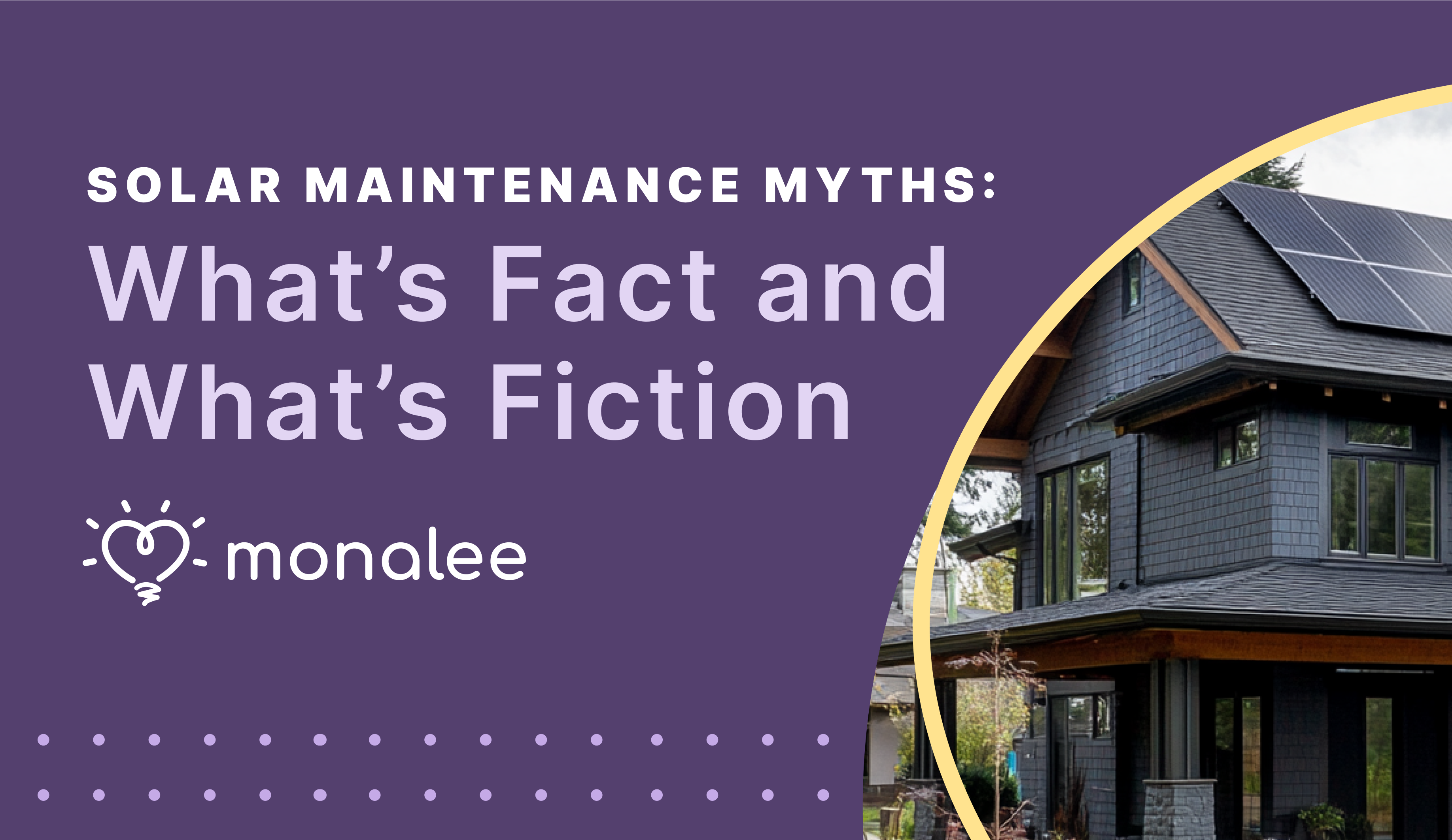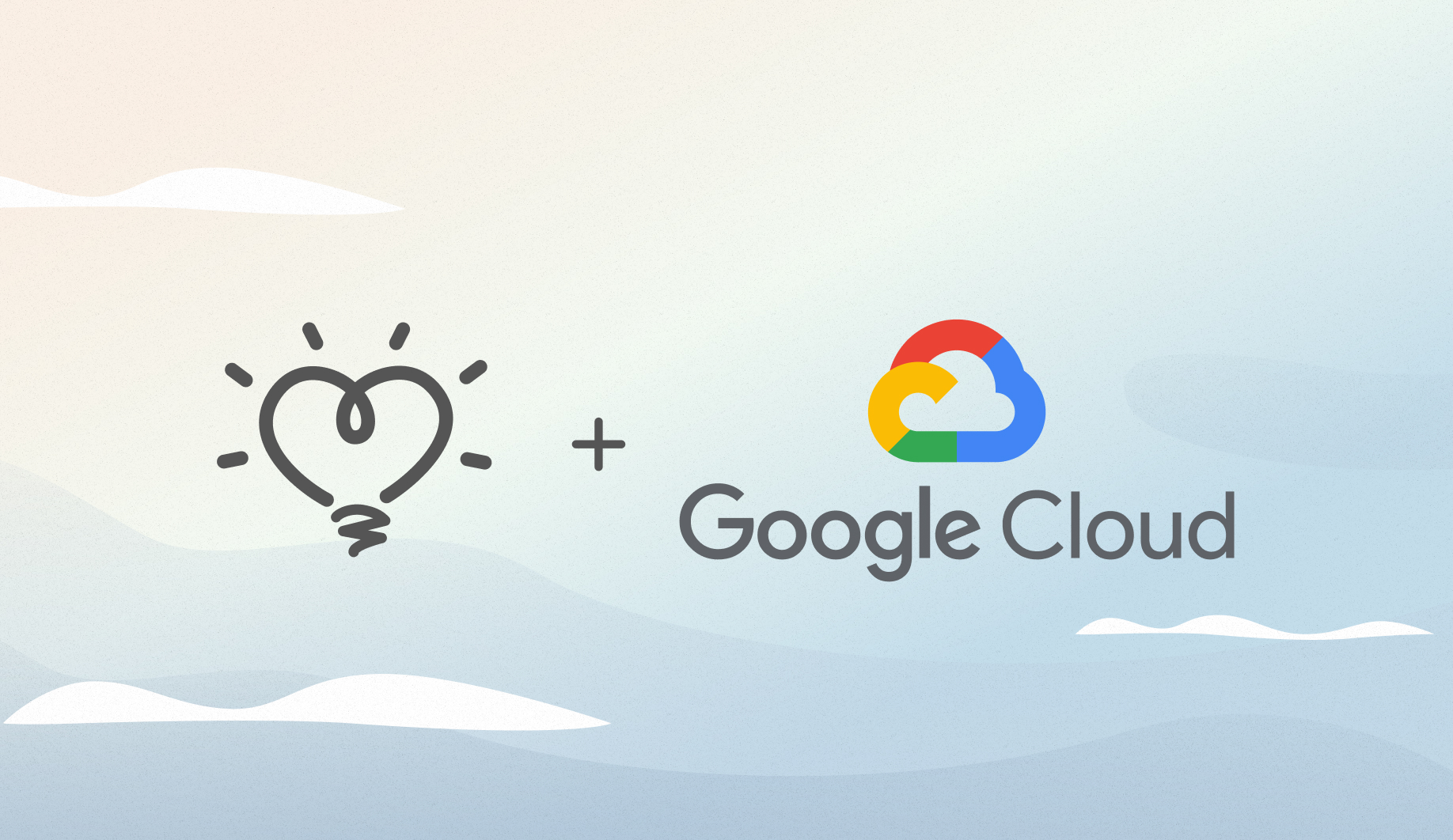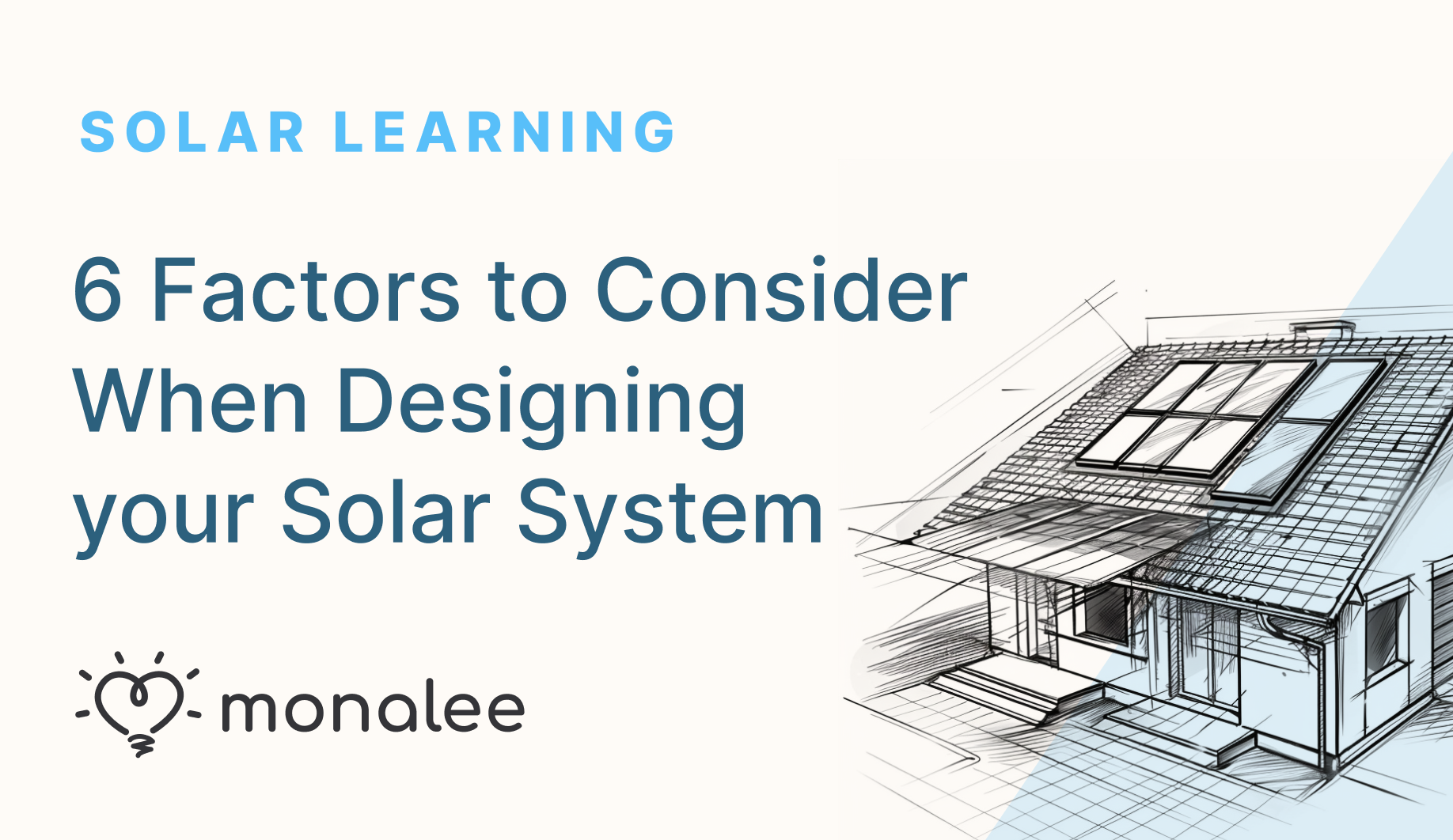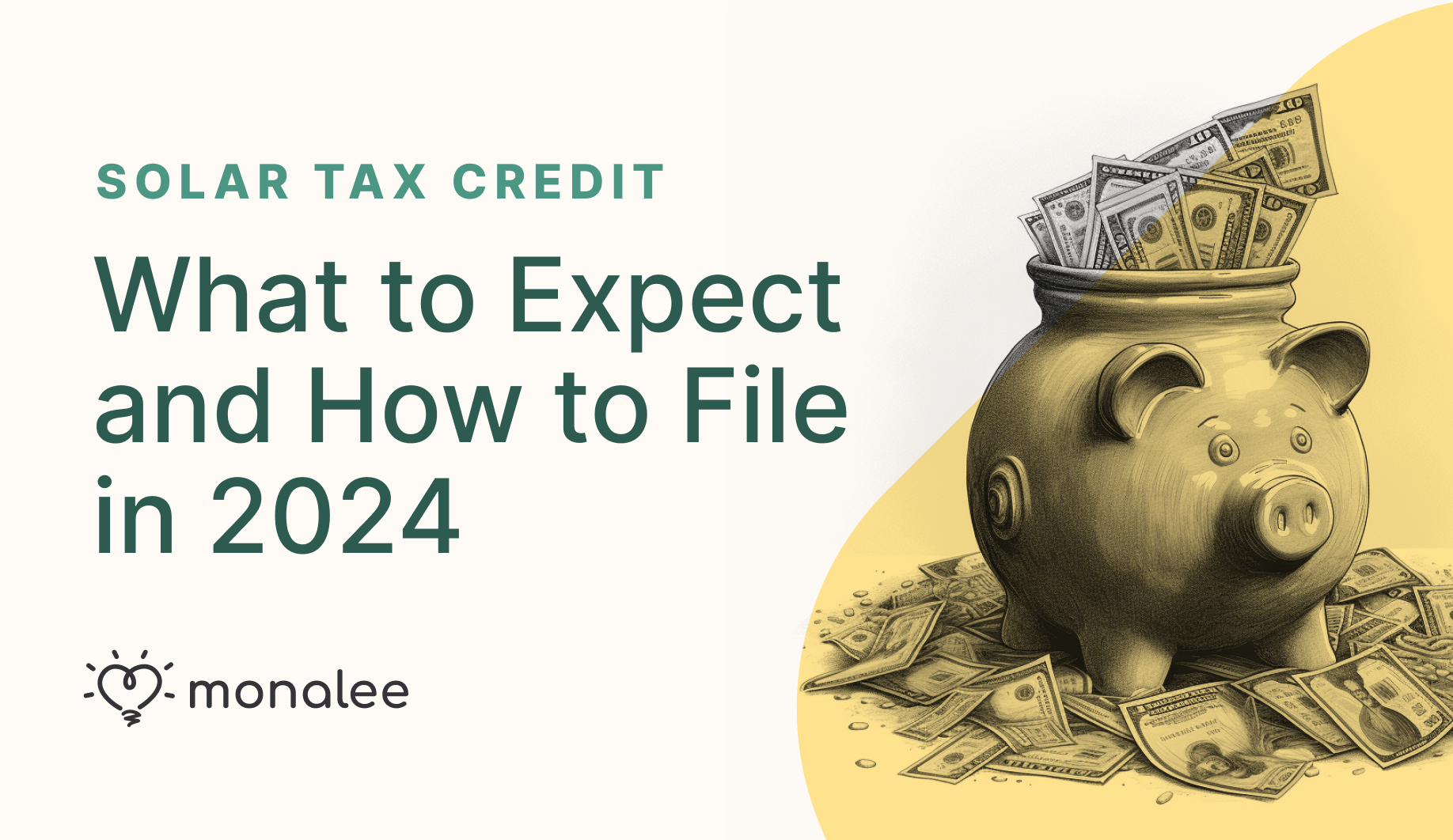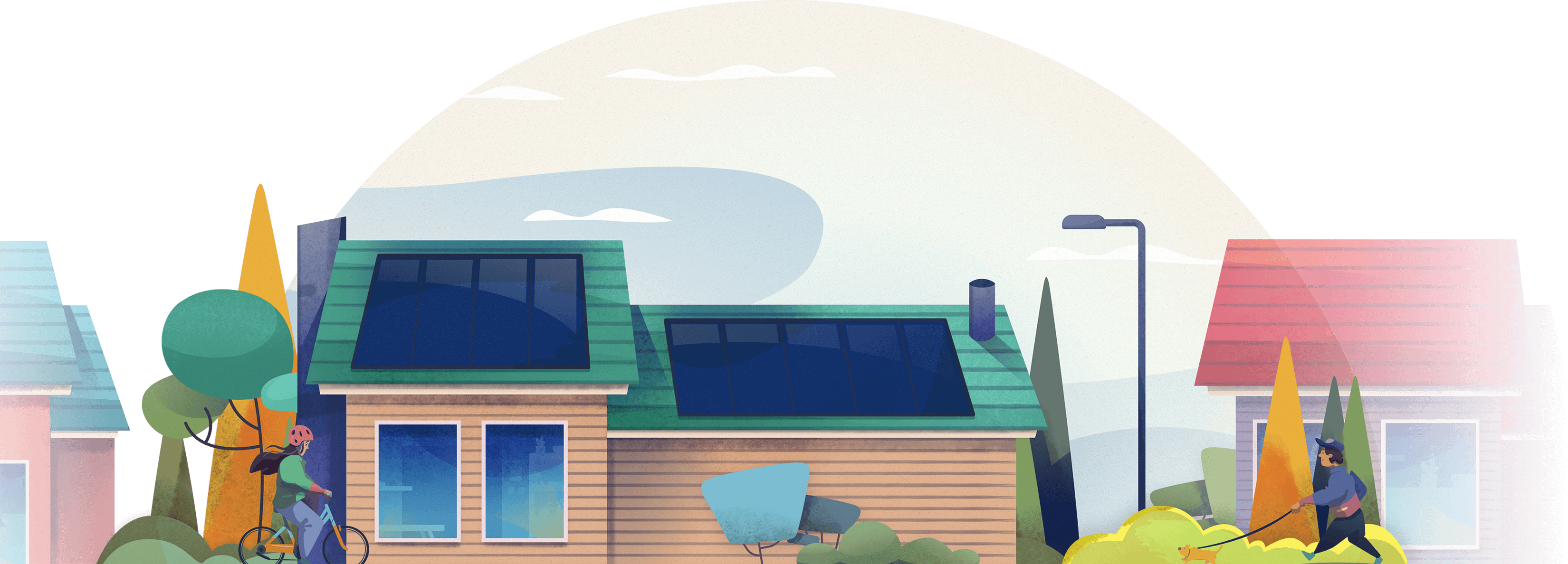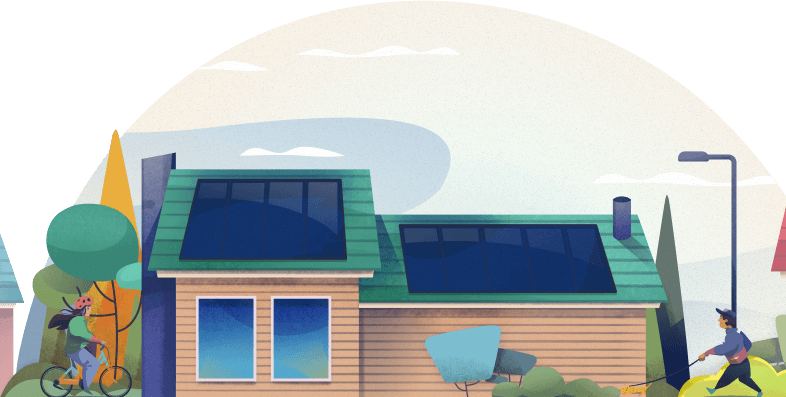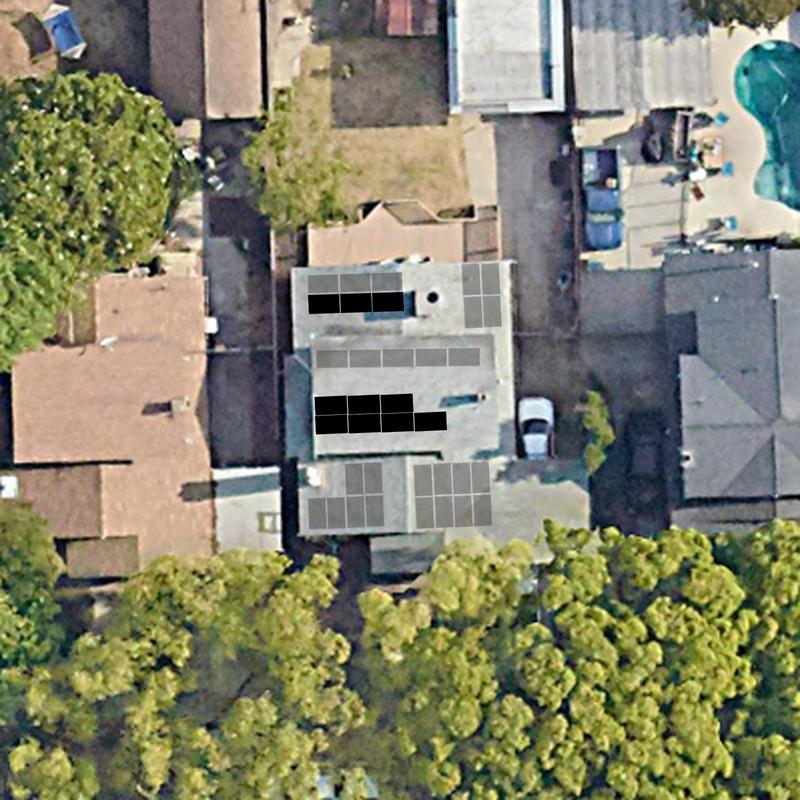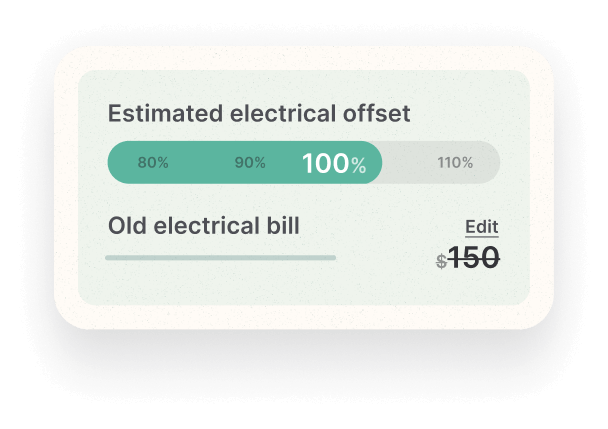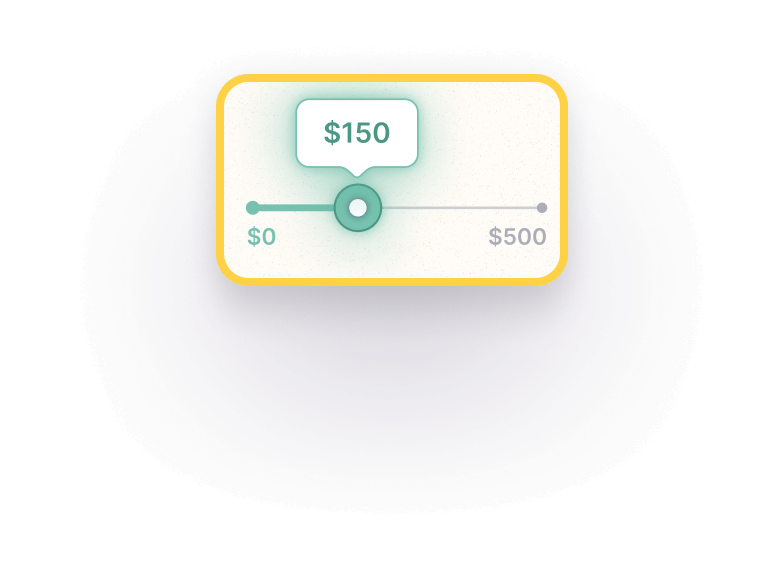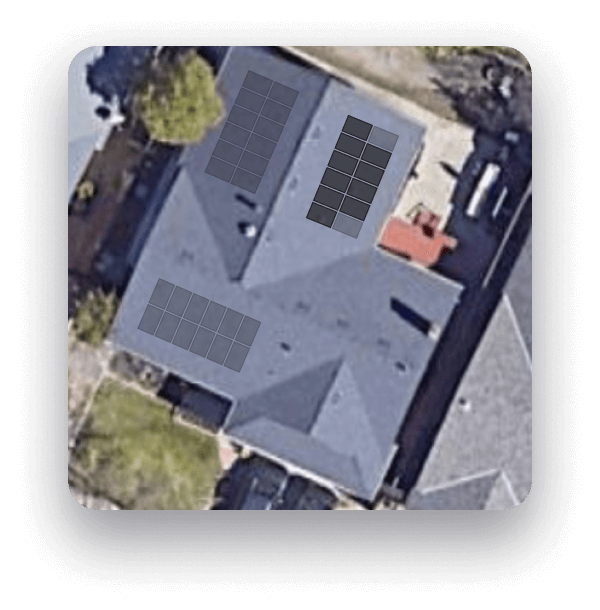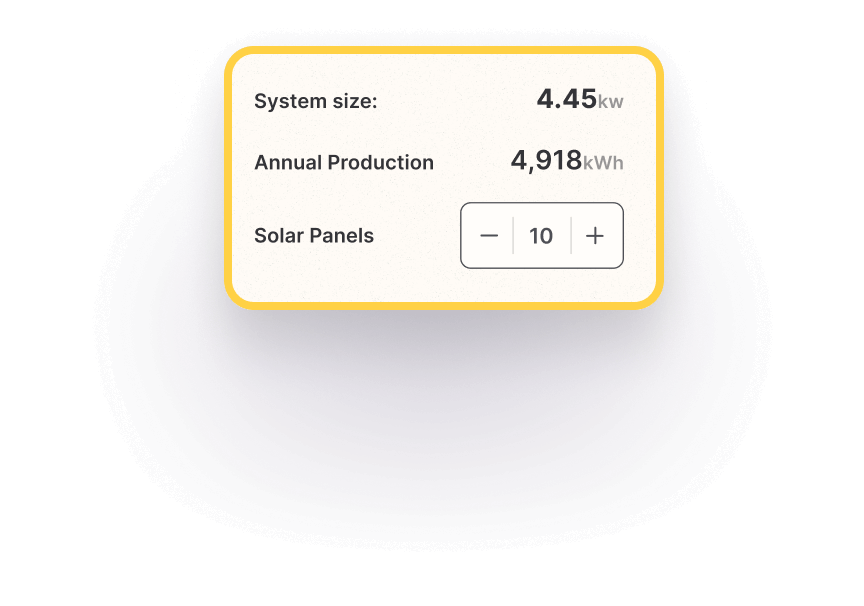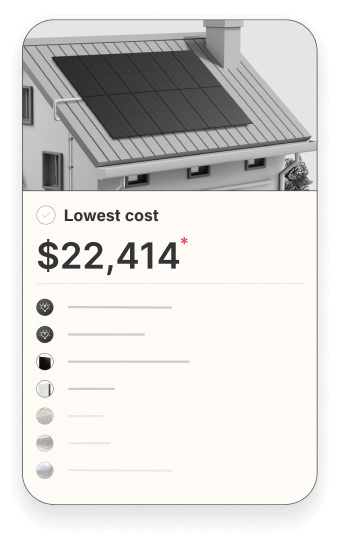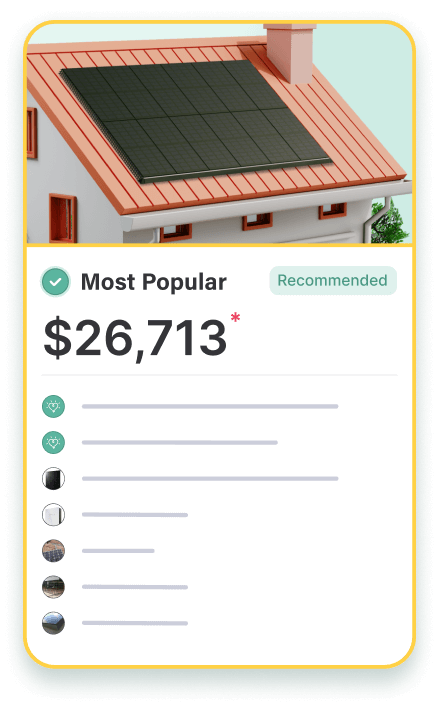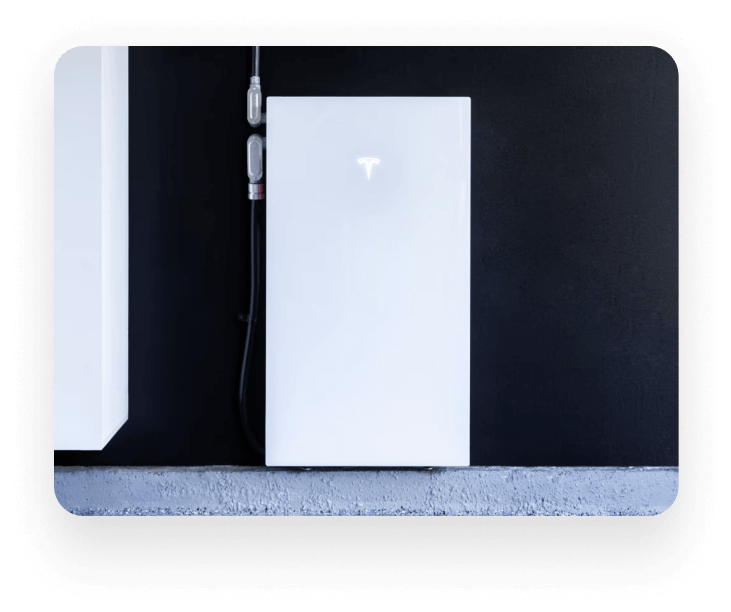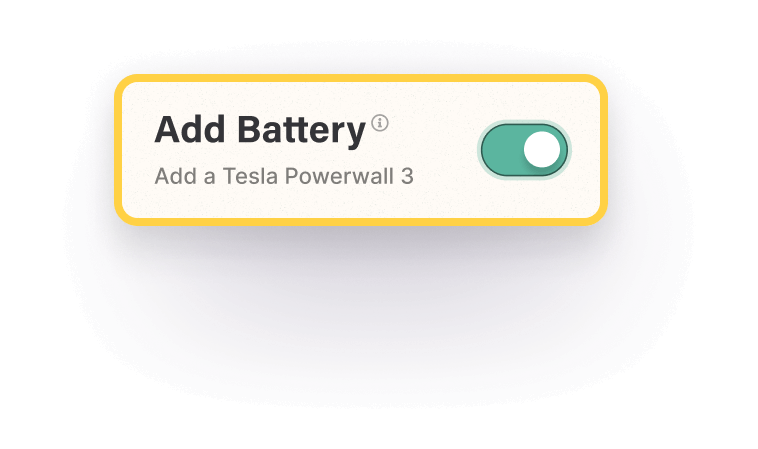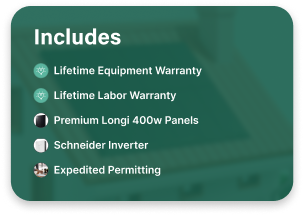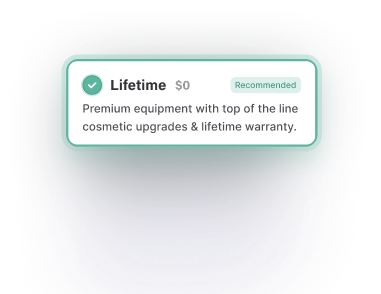Here are a few best practices for making sure your solar panels reach peak efficiency.
Making the switch to solar is a significant investment and we want to make sure you make the most of your system. Although solar panels are designed to withstand all sorts of extreme weather conditions, it’s best practice to clean them so that dust, pollen, and other natural debris don’t build-up enough to decrease their production.
Here are six of the biggest misconceptions homeowners have about maintaining their solar panels, and what you can do instead.
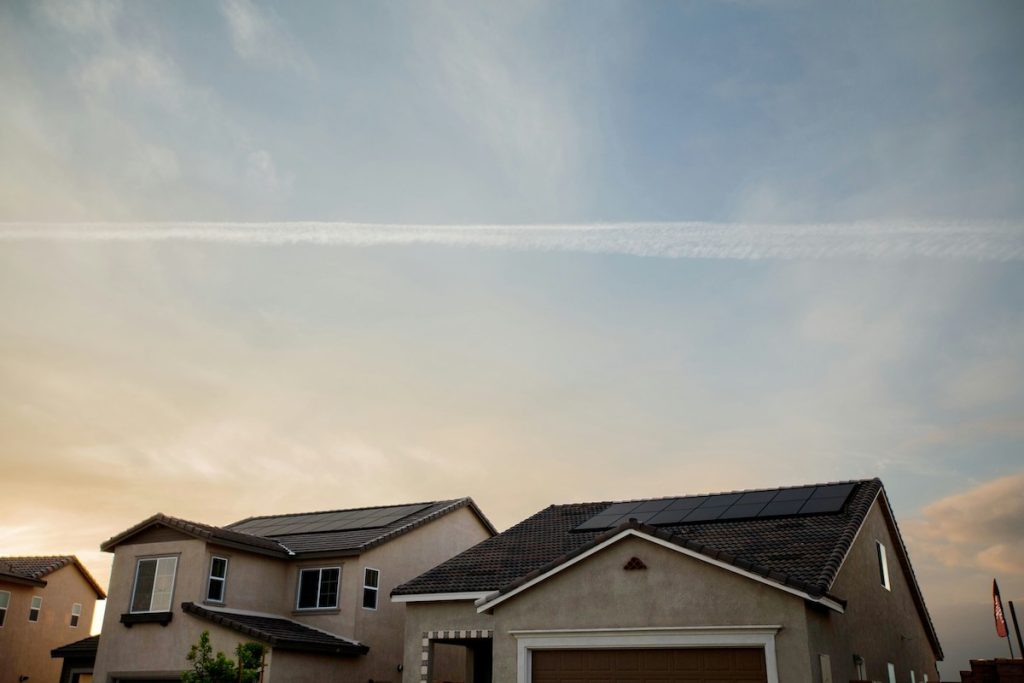
Myth 1: Solar panels are self-cleaning
As outlined in our maintenance guide, normal pollutants such as dust, leaves, and animal droppings do not negatively impact the efficiency of solar panels. In fact, the sun, rain, and wind are pretty effective at getting rid of those pollutants naturally. It’s important to remember that solar panels are built to be durable; after all, they are there to receive the damaging UV light that us humans wear sunscreen to protect against.
That said, natural build-up will happen and overtime it can start to affect how much electricity your system produces. For this reason, we usually advise homeowners to schedule professional cleanings for their solar panels every six months–more or less depending on the local weather conditions in your area. For example, if you live in a desert-like environment or farmland, you’ll probably want your panels cleaned more regularly.
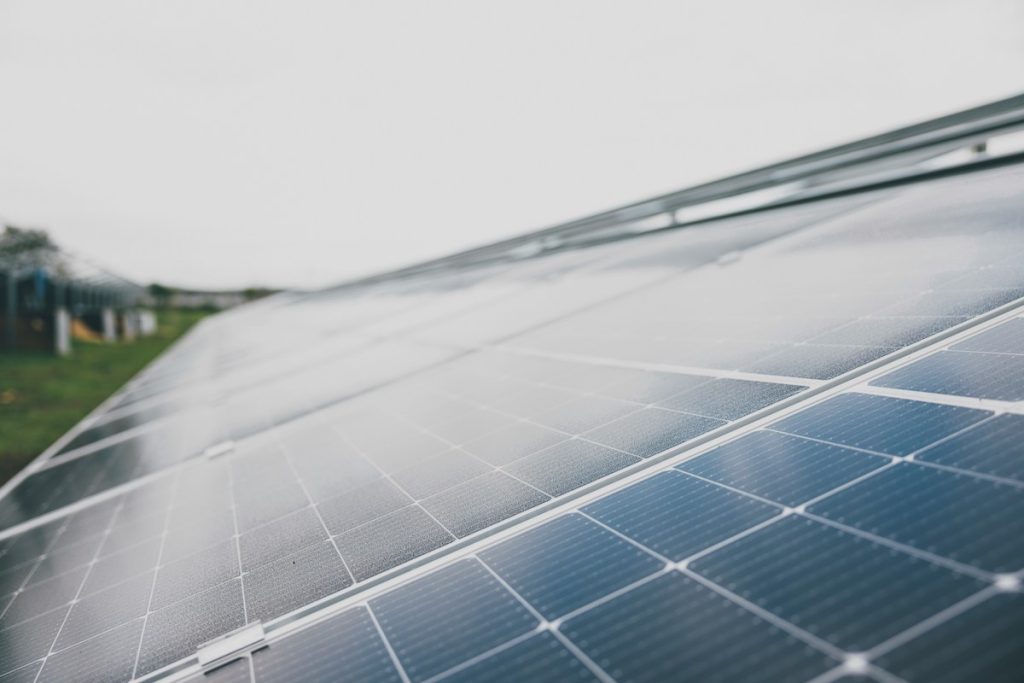
Myth 2: Solar panels don’t need regular maintenance
As we’ve covered in our beginner’s guide to maintaining your solar panels, natural rainwater does a pretty good job of sweeping away leaf and debris buildup (more on this later). However, failing to clean your solar panels for months or years at a time can start to cause long-lasting damage.
Despite how durable solar panels are, they still need a little TLC from time to time. Buildup is the most common issue, and this ranges from dirt accumulation to bird droppings. Pollen can also settle on top of solar panels and create a thin layer that blocks sunlight from reaching the PV cells. In extreme cases, you’re looking at up to 25% decrease in efficiency.
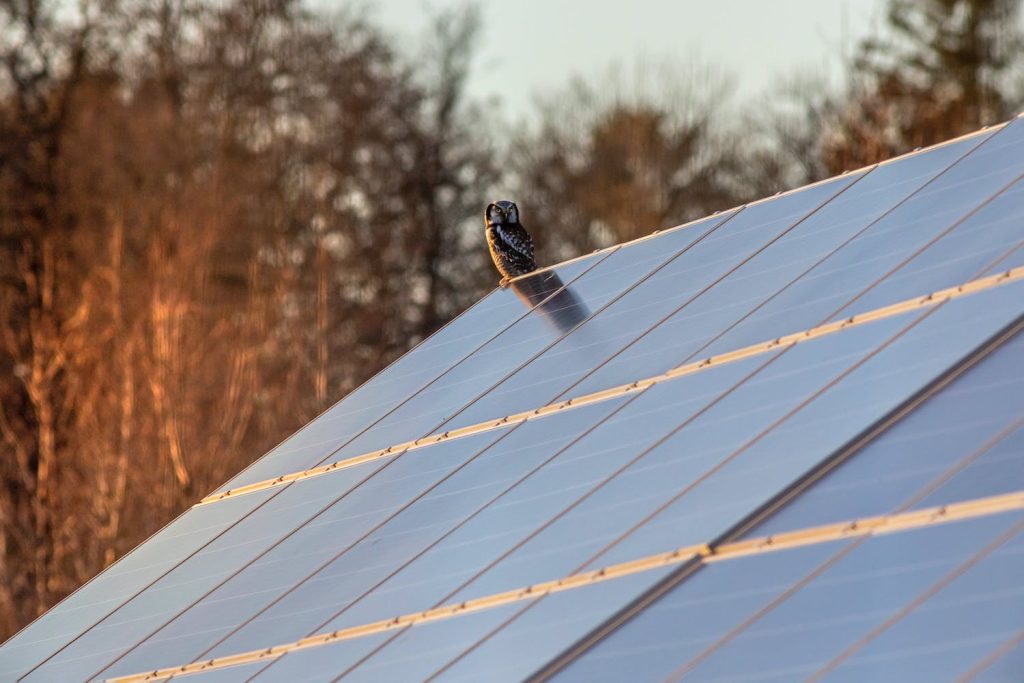
Myth 3: You can clean solar panels by yourself
It might be tempting to try climbing on your roof to clean your panels yourself, but we really don’t recommend it. Walking around on your roof is a bit risky in and of itself; washing your panels with water and (sometimes) detergent, is simply not worth the risk. Yes, it’s an extra expense to budget for, but ultimately one that ensures that your system produces as much energy as possible.
Hiring professional cleaners ensures that your solar panels are clean safely and effectively. Cleaners show up ready to work and are skilled at cleaning solar panels on many different roof types. They bring all necessary cleaning materials with them as well as any safety equipment such as harnesses. Cleaners are also expert at getting out stubborn stains and know when to gently wash each panel without causing damage.
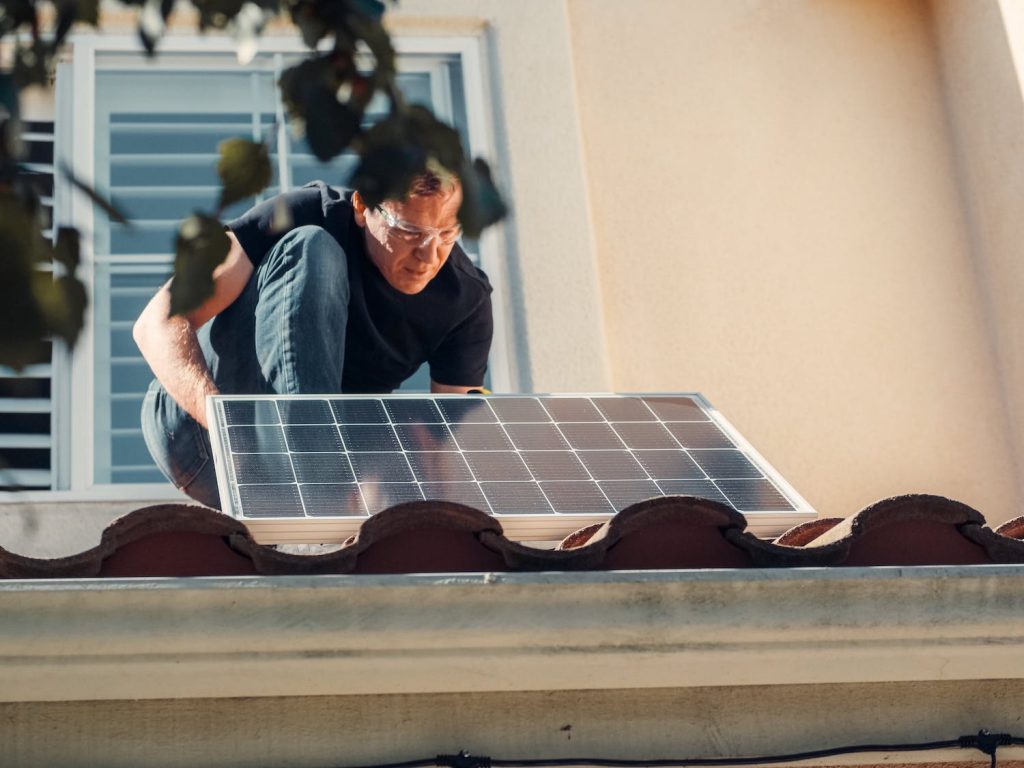
Myth 4: Dirty solar panels won’t produce electricity
As we mentioned earlier, normal pollutants such as dust, leaves, and animal droppings may decrease productivity slightly, but it won’t block production entirely. In fact, the sun, rain, and wind are pretty effective at getting rid of those pollutants naturally. For example, rain serves as a natural cleaning agent for solar panels and is helpful in removing loose dirt that has accumulated.
Even though solar panels still produce energy despite debris interfering, it’s best practice to schedule regular maintenance. Dust, leaves, and other debris–however small and seemingly insignificant–does act like a barrier between sunlight hitting your panels and generating electricity.
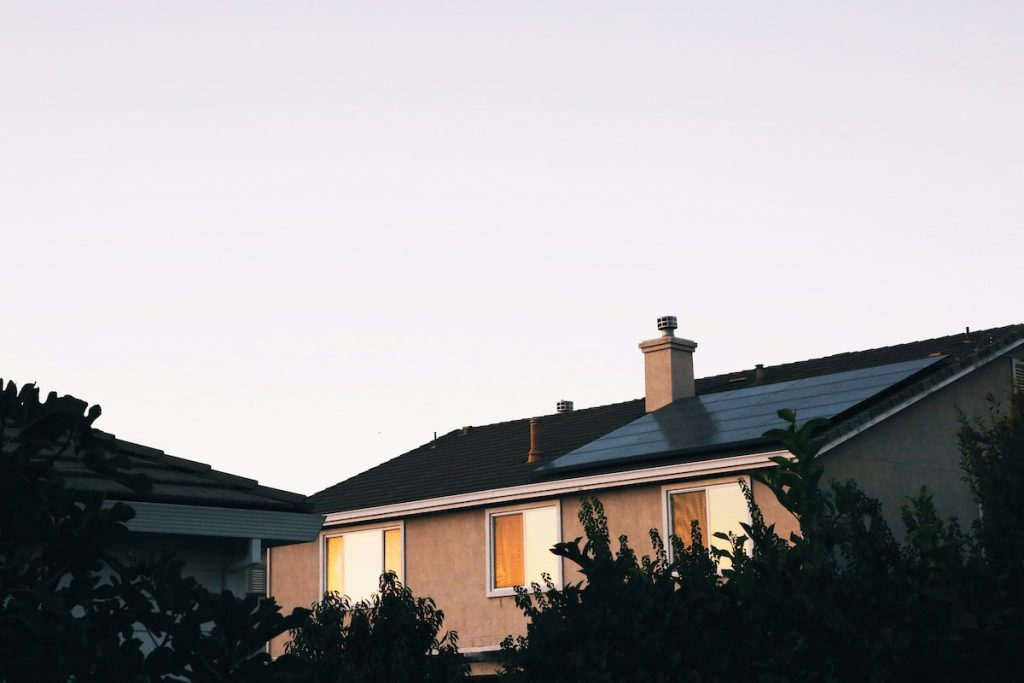
Myth 5: Cleaning solar panels will damage them and make them less efficient
Building on the last myth, many homeowners believe that cleaning their solar panels might actually do more harm than good. This can be true if you try cleaning them yourself when you don’t know what materials to use and where. Professional cleaners, however, are very unlikely to do any damage while on your roof.
In general, cleaners use soft brushes and pure water to clean solar panels, so as to not create any scratches or cause further damage. High-pressure hoses are usually a no-go because they are too abrasive. Even with roofs that have lots of accumulated dust and debris, cleaners tend to take a gentler approach.
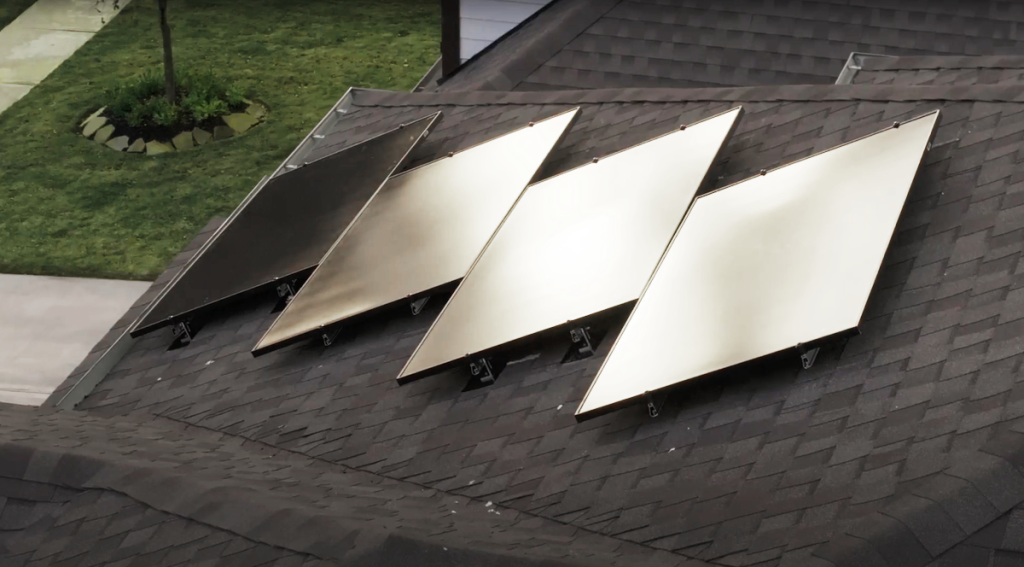
Myth 6: You need to fully turn off your system to clean your panels
One of the common misconceptions among homeowners who have recently switched to solar is that they need to shut down their systems before cleaning. In truth, solar panels are designed with safety in mind and if you hire a professional cleaning company, they know the best tools and techniques to use so that your solar system remains at peak efficiency.

Final Thoughts
With so many contradictory opinions on how–and how often–to clean one’s solar panels, it can be difficult to decipher fact from fiction. In general, aim to hire professional cleaners every six months or so. This way, you’ll be sure to keep your panels clean of dust and debris buildup so that they generate as much electricity as possible.
